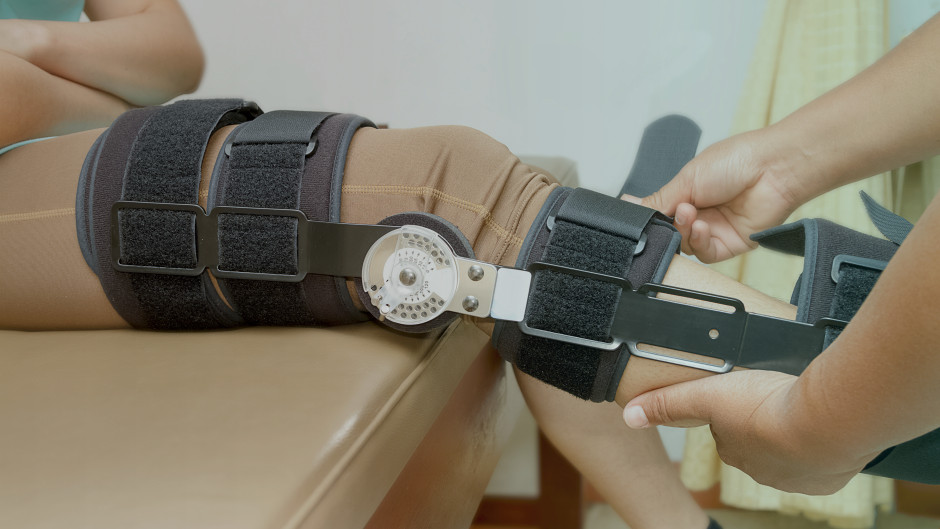3 PSYCHOLOGICAL INTERVENTIONS WE SHOULD INCLUDE MORE IN REHAB
Building a trust with your patient is important as this encourages them to put more efforts in the rehab process and commit more. Although we don’t need to be psychologists, we can be better at coaching them. As physiotherapists we also have to coach our patients verbally, physically, emotionally and environmentally. Good communication is essential for effective coaching.
In 2009, Zolnierek found that there was a 1.6 times higher adherence rate in those who had communication training. In another study by Doyle et al. in 2013, it was found that patients recovering from heart attacks, who had good informational and emotional support did better, and had faster recoveries.
If you want to learn more about this topic, you can watch Andrew McCauley's lecture here:

In order to improve our coaching we can incorporate some psychological interventions in our rehabilitation process. If we look at the evidence around prevention of injury and psychological interventions, it’s quite interesting. If we look across a variety of distance sports in this meta-analysis, we can see that there’s a moderate decrease in the frequency of sports injuries. And if we look specifically at soccer alone, there’s also a reduction in injury rates. Now, the theory behind that is, we think that when you help people manage their stress, they make better decisions in play.

3 psychological interventions we should include more in rehab are:
1) Goal Setting
Patients can start with goal setting by physically writing down monthly goals, weekly goals and daily goals with the time when it’s going to happen and what they will do to complete it. This will help them to commit to the process of the rehab.
2) Social Support
During the whole rehab process we want to give information so the patient feels confident about what’s going on at each stage snd where they’re headed towards. In a study done by Bejar et al in 2019, it stated that, when you give people information throughout the rehab, you reduce their anxiety and they feel more confident. The less the anxiety, the better recall the patient has.
3) Imagery
Imagery is the mental rehearsal of a movement without any actual movement. Imagery has been shown to have a positive effect on muscle performance, muscle strength and it appears to improve psychological aspects of pain and disability.²


If you want to learn more about this topic, you can watch Andrew McCauley's lecture here:
Sources:
1. ‘Why coaching is more important than exercise in therapy’ lecture by Andrew McCauley
2. Chris Worsfold; Mental Imagery and physiotherapy; June 15, 2017 ; Retrieved from https://www.chrisworsfold.com/mental-imagery-physiotherapy/



